Lectures, Discussions + Conferences
Jennifer Ho, “Racial Ambiguity in Asian American Culture”
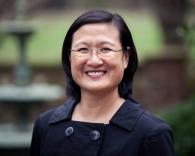
IBES 130 (Carmichael Auditorium)
Jennifer Ho will discuss concepts relating to the ambiguity of race—the ways in which our understanding of racial categories exceeds the boundaries society places around them, particularly by looking at Asian Americans who cannot be neatly typed into boxes: those who are multiracial, transracial adoptees, and existing as an Asian body at a time when race is often talked about in black and white terms.
Family Weekend Forum: Shannon Sullivan, "Good White People After Charlottesville"
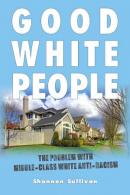
Granoff Center, Martinos Auditorium
In her book "Good White People," philosopher Shannon Sullivan examines the attempts that liberal whites make to distance themselves from the history of white supremacy and differentiate themselves from other, ostensibly more racist, white people. This effort, while understandable, serves to distract them from focusing on efforts to end racial injustice. How might the events in Charlottesville and their aftermath heighten this focus on being "good" and perhaps undercut white anti-racist activism?
Shannon Sullivan, "White Priority and White Class Privilege in the Lives of Good White People"
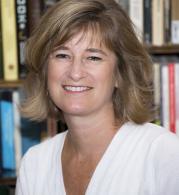
CSREA, Lippitt House, 96 Waterman Street
This presentation will untangle some of the complex relationships between race and class in contemporary white identity in the U.S. Beginning with an examination of how good white liberals often use intra-race class differences to establish their racial goodness, Sullivan then will challenge the false universalism built into the concept of white privilege.
UndocuKnowledge: A DACA Teach In and Community Conversation
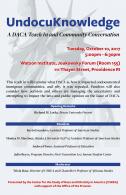
Watson Institute, Joukowsky Forum (Room 155), 111 Thayer Street, Providence RI
This teach in will examine what DACA is, how it impacted undocumented immigrant communities, and why it was repealed. Panelists will also consider how activists and others are managing the uncertainty and attempting to impact the laws and public opinion on the issue of DACA.
Opening Remarks
Richard M. Locke, Brown University Provost
Banned: Racialization of the Middle East and its Diasporas in U.S. Culture
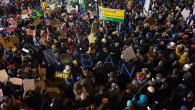
Petteruti Lounge, Stephen Robert '62 Center
Banned brings together Evelyn Alsultany and Melani McAlister, two American Studies scholars, to consider how the representations of Middle Eastern populations both domestically and abroad influence U.S. policy. In particular, we hope that this event will allow the Brown community to dig deeper into the problematics of new policy, such as the Immigration Ban, in order to advance understanding of the dangers of conflation and visual marking that brown bodies undergo.
Critical Migrations and Refugee Studies Series: Cathy Schlund-Vials, "Prosthetic Ecologies"
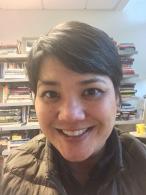
Smith-Buonanno, Room 106
This talk examines the role disability plays in the making of refugee subjects; such subjects, as this presentation maintains, are necessarily situated in catastrophic environs formed in the troubling aftermaths of war, natural disaster, and economic crisis. To access the various man-made mechanisms responsible for bringing these disabled subjects "into being," this talk strategically utilizes the following schema: "prosthetic ecologies." "Prosthetic ecologies" operates as a flexible and generative analytic upon which to syncretically chart longue durée histories of state-sanctioned violence, state-authorized violation, and internationally-supported contravention during the Cold War era.
"We Still Live Here - Âs Nutayuneân" Film Screening and Discussion with Jennifer Weston
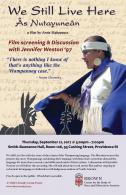
Smith-Buonanno, Room 106
We Still Live Here, a documentary by award-winning filmmaker Anne Makepeace, tells the story of the return of the Wampanoag language. The film interweaves the present-day story Wampanoags reclaiming their language with historical events that silenced the language for more than a century and obliterated much of their culture – epidemics, missionary pressures, land loss, and the indenture of Native children.
Commencement Forum: Tricia Rose '93 PhD, "How Structural Racism Works"
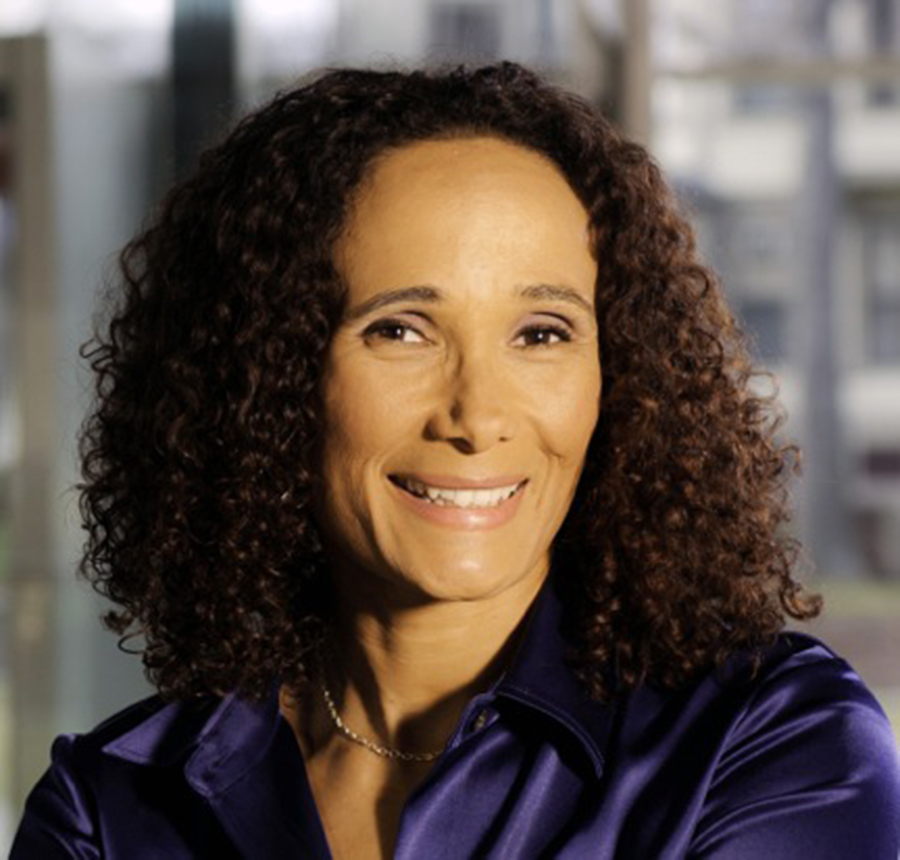
IBES 130 (Carmichael Auditorium) - 85 Waterman Street, Providence, RI 02912
This presentation shares ideas from Professor Tricia Rose's on-going research project, which aims to make accessible to the public what structural racism is and how it works in society. The project examines the connections between policies and practices in housing, education and other key spheres of society to reveal the intersectional and compounding effects of systemic discrimination as a significant force in American society today. In addition to sharing the outline of the project, Rose will also share her experiences with student co-researchers and creative contributors to the project.
Telling Our Stories: A Discussion with Dawn Dove, Marta Martinez, and Valerie Tutson '87, MA'90 [VIDEO]
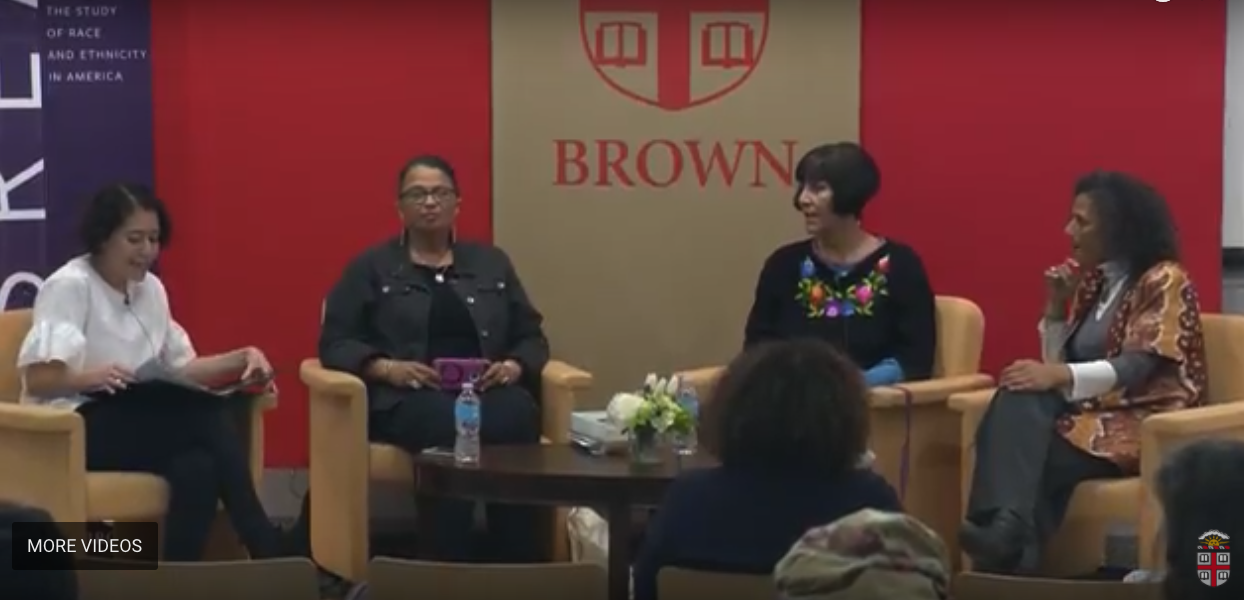
IBES 130 (Carmichael Auditorium)
Kuttootomwehteaonk Nutunnehtongquatunaunash.
Contando Nuestras Historias.
Telling Our Stories.
What do the stories that people pass down tell us about our cultures and communities, about the past and even the future? What role does storytelling play in preserving local histories? What possibilities do multilingual storytelling hold for exploring histories and identities?

